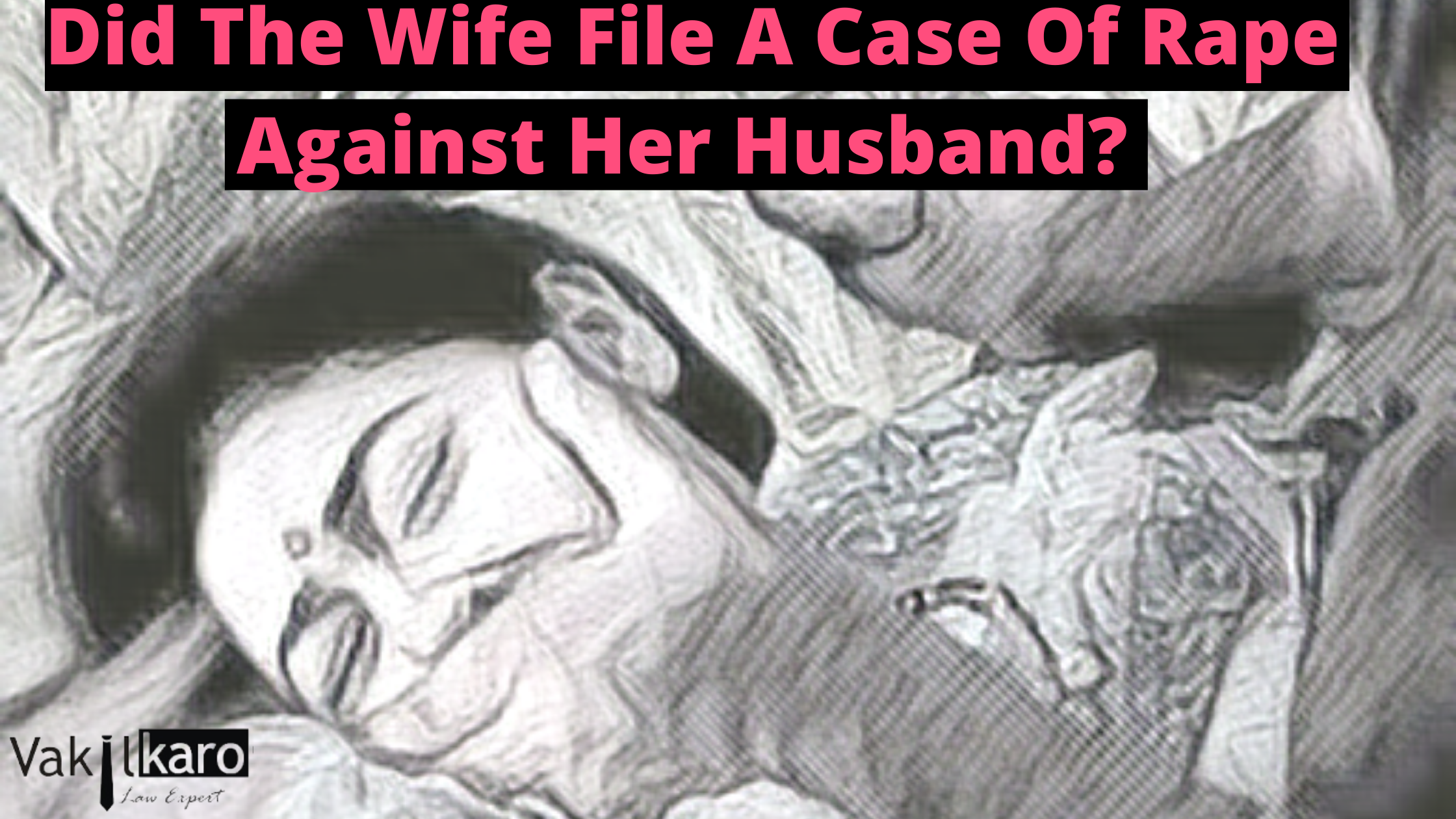What do you mean by physical abuse?
Index
Meaning of physical abuse
Provisions regarding physical abuse or physical Violence
Types of abuse
Various reliefs for a woman in the Domestic Violence Act
Complaint under the Domestic Violence Act
Can Court pass an order against a woman under section 19(1)(b)?
Whether a woman can commit Domestic Violence?
Power of Court
Conclusion
Meaning of physical abuse
- Physical Abuse is when one person uses their body to inflict intentional harm or injury upon another person.
- Physical Violence involves hurting or hurting a partner by hitting, kicking, burning, grabbing, pinching, shoving, slapping, hair-pulling, biting, denying medical care, forcing alcohol and drug use, or using other physical force.
- It may include property damage.
Everyone must prevent physical abuse. That is why we need to know all about physical Violence to help stop the abuse. Physical abuse can be a ground for divorce and may apply for Divorce Petition.
Provisions regarding physical abuse or physical Violence
Section 3 of the Domestic Violence Act, 2005 talks about types of abuse. Physical Abuse comes under domestic violence. Domestic Violence shall constitute any act, omission or conduct, or commission of the respondent. Domestic Violence means:
- Harms or injuries or endangers the health, safety of, life and limb, whether physical or mental, of an aggrieved person, and it also includes causing physical abuse, verbal abuse, sexual abuse, emotional abuse, and economic abuse
- Harasses, harm injures or endangers the aggrieved person to fulfill a demand of dowry or other property or valuable security like gold.
- Has the effect of threatening the aggrieved person,
- Injures or causes physical or mental harm to an aggrieved person.
Types of abuse
There are four types of abuse.
Physical Abuse:
It means to use physical force against a woman in a way that causes bodily injury or hurt. In physical force, a woman suffers from bodily injury or hurt. There is some form of physical abuse like:
- Physical assault
- Criminal intimidation
- Criminal force
Physical abuse also includes causing injury to an aggrieved person by beating, throwing objects, kicking and punching, abandoning her in a dangerous or unfamiliar place, kicking doors, using a weapon to threaten or hurt her, hurting her children, forcing her to leave the marital home, damaging property, etc.
Sexual Abuse:
It is a form of physical force. Sexual Abuse includes any act in which a woman is forced to perform any unwanted, unsafe, or degrading sexual activity and forced sex even by a spouse or intimate partner with whom she has consensual sex. It also includes calling her sexual names and hurting her with objects and weapons during sex.
Emotional/verbal Abuse:
Not all abusive relationships involve violence; some of them are emotional abuse. Many women suffer from emotional abuse.
It is not less destructive. Unfortunately, emotional abuse is often minimized or overlooked, even by abused women. It also includes verbal abuse such as yelling, isolating, intimidating, showcasing controlling behavior, and insulting or criticizing.
- Insult, humiliation, name-calling, and insult or blame for not having a child or male child ('KHANDAAN KA VANSH').
- Repeated and continuous threats to cause physical pain to any person.
Economic Abuse:
Economic Abuse includes a woman not being provided with enough money to maintain herself, her children, and her partner. Like not giving money for food, clothes, medicine, etc., and not allowing a woman to take up employment. It also includes her movable or immovable assets, valuables (like gold), shares, securities, and other properties she is interested in.
Various reliefs of a woman in the Domestic Violence Act:
Domestic Violence Act provides the following types of Orders, which shall be passed and is provided Under Sections 18 to 22.
Section 18 Protection order:
If the Magistrate is satisfied after giving a reasonable opportunity of being heard to the respondent and aggrieved person, and being satisfied that Domestic Violence has taken place, may order a protection order in favor of the aggrieved person prohibiting the respondent to:-
- Committing any Act to Domestic Violence.
- Abetting or attempting to commit acts of Domestic Violence.
- Entering any place of employment of an aggrieved person.
- To have any communication with an aggrieved person.
- Alienating any assets held jointly and separately by an aggrieved person without the Court’s permission.
- It is causing Violence to dependents and other relatives.
Section 19 Residence order:
Under the following conditions magistrate may pass a residence order:
- Restraining the respondent from dispossessing or disturbing the possession of an aggrieved person in the shared household.
- The Court may direct the respondent to remove himself from the shared household.
- Restraining the respondent or her relative from entering any portion of the household in which the aggrieved person is residing.
- The restraining respondent from alienating assets in a shared house
- The restraining respondent from renouncing his right in the shared household without leave of Court.
- Directing respondent to secure the same level of accommodation for the aggrieved person.
Section 20 Monetary relief:
According to Section 20 of the Domestic Violence Act, the Magistrate may pass an order for monetary relief. Which shall include the following relief:
- Loss of earning.
- Medical expenses.
- Loss caused due to destruction of property.
- Order of maintenance under or in addition to maintenance under Section 25 of CrPC.
Section 21 Custody Order (Child Custody)
The Magistrate may order temporary custody of the child or children to the aggrieved person at any proceeding stage. For custody order, any person can move an application on behalf of an aggrieved person.
Section 22 Compensation Order
The Magistrate passed an order directing the respondent to pay compensation and damages for the injuries, including mental and emotional distress, caused by the acts of Domestic Violence committed by that respondent.
Complaint under the Domestic Violence Act
- Any woman can file a complaint under this Act.
- According to section 2 of this Act, 'aggrieved person' means a woman who has been in a domestic relationship with the respondent (a man in a domestic relationship with such woman).
- A domestic relationship means a relationship between two people who live or have lived together in a shared household for any period. And they are related by, Marriage, Adoption, any family members related through blood relations, or live-in relationships.
Can Court pass an order against a woman under section 19(1)(b)?
According to Section 19(1)(b), no order shall be passed against a woman.
Whether a woman can commit an offense under the Domestic Violence Act?
Yes, a woman can also commit an offense under the Domestic Violence Act. In the Case of Hirai P. Hasora vs. Kusum Narvotar Das Hauora (2016), not only an adult male but a female was also included as a respondent.
Power of Court:
According to section 27 of the Domestic Violence Act:
- A first-class magistrate or
- Metropolitan Magistrate
are competent to grant orders under the Domestic Violence Act. The Magistrate, as mentioned above, has the power to try offenses under this Act within the local limits of which,
- Where the aggrieved person resides permanently or temporarily; or
- Where the aggrieved person runs a business or is employed there; or
- Where the respondent resides or carries on business or is employed;
Conclusion:
This Act provides the Protection of women from Domestic Violence. It is a civil and quasi-criminal remedy. Under this Act, women can apply for reliefs like protection orders, residence orders, compensation orders, monetary relief orders, and custody orders. Most of India's domestic violence, sexual violence, and marital rape cases are never reported. Issues like these need to be solved to ensure that women get their justice. Though the Act has a few defects, and the implementation leaves a lot to be desired, the policy seems reasonably practical. Yes, it is crucial to understand that men face Violence too, and there is no law where a married man can file a complaint against his wife for Domestic Violence. It is essential to make a law for men for better performance measures.
To read this blog in Hindi - Physical Abuse
We hope you liked our written blogs. You can also read blogs on other legal topics available on our website. You can view our services by visiting our website. If you want any Civil or Criminal guidance or help of any Lawyer regarding the matter, You may reach us via mail at help@vakilkaro.co.in or call us at +91 9828123489 to resolve any legal problem.
VakilKaro is a Best Legal Services Providers Company, which provides Civil, Criminal & Corporate Laws Services and Registration Services like Private Limited Company Registration, LLP Registration, Nidhi Company Registration, Microfinance Company Registration, Section 8 Company Registration, NBFC Registration, Trademark Registration, 80G & 12A Registration, Niti Aayog Registration, FSSAI Registration, and other related Legal Services.

 +91 9828123489
+91 9828123489 +91 9828123489
+91 9828123489 help@vakilkaro.co.in
help@vakilkaro.co.in







.png)







.jpg)
.jpg)
.png)


.png)
.jpg)
 +91 9828123489
+91 9828123489 help@vakilkaro.co.in
help@vakilkaro.co.in